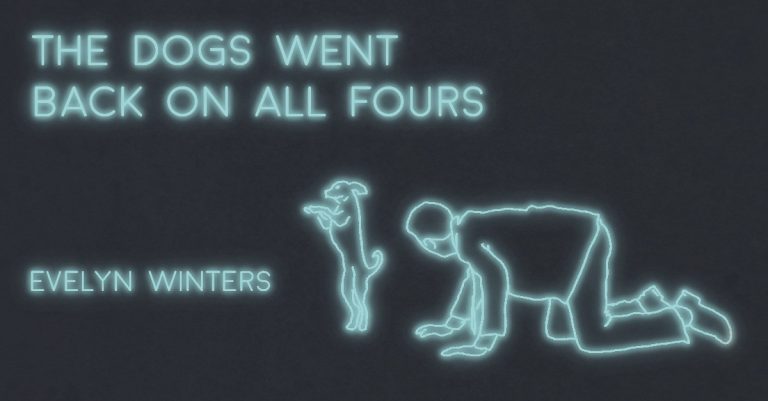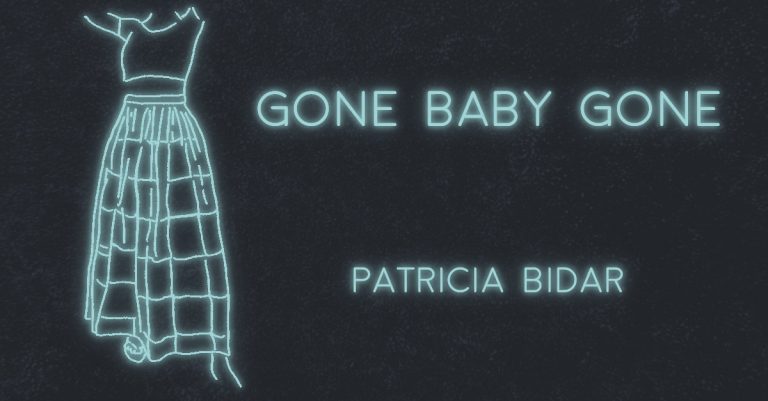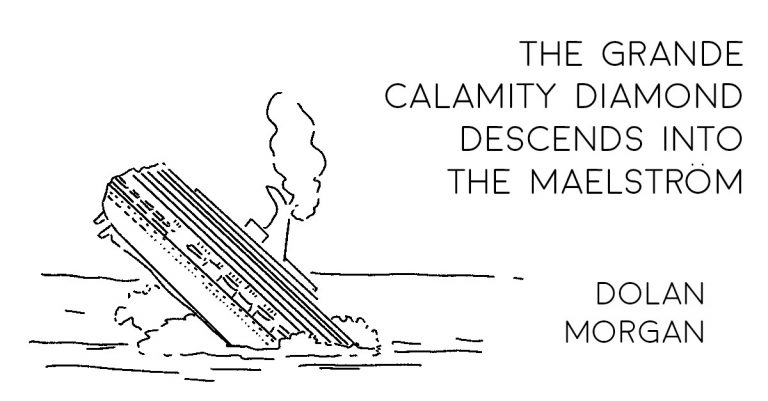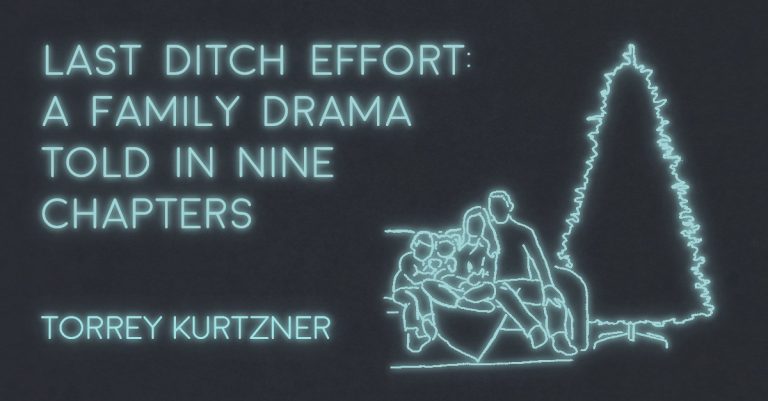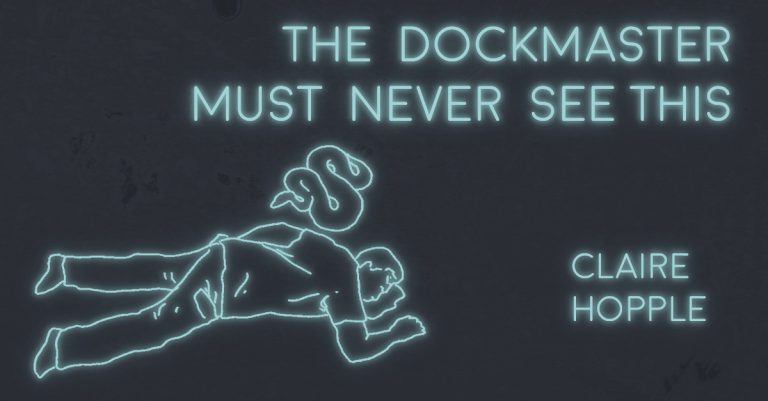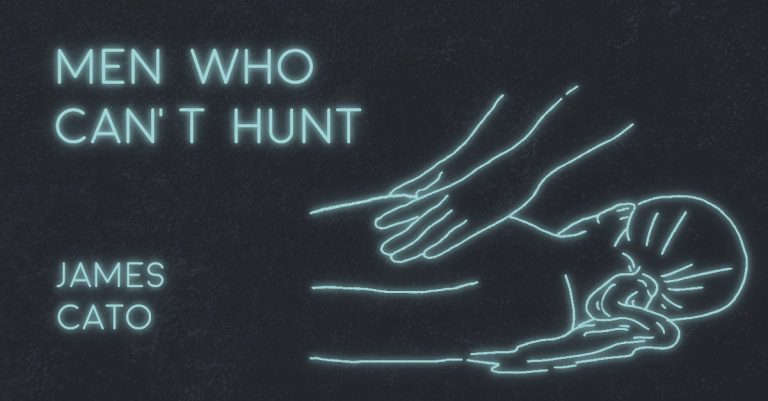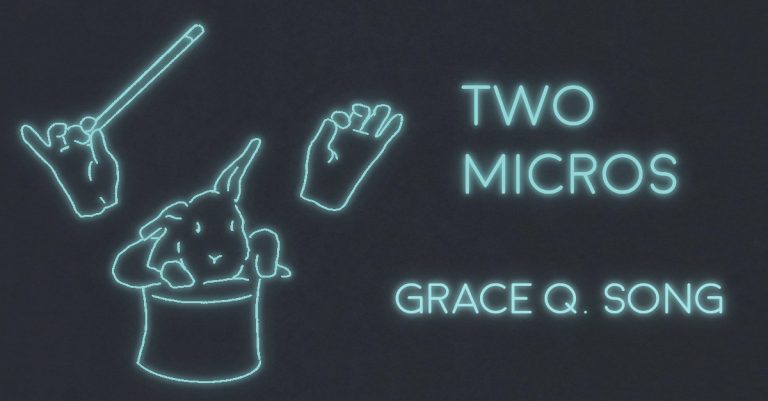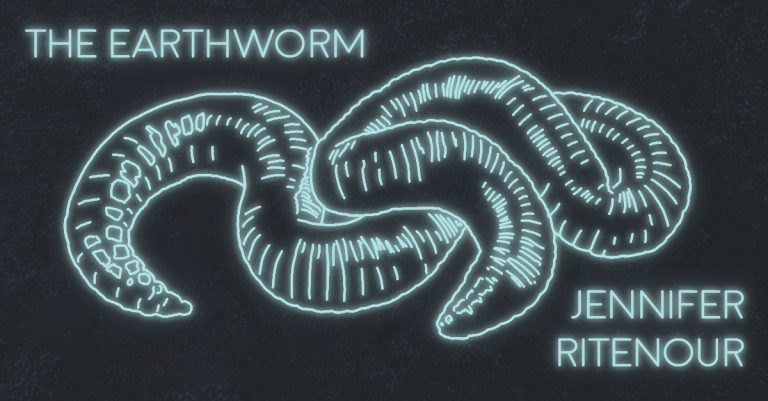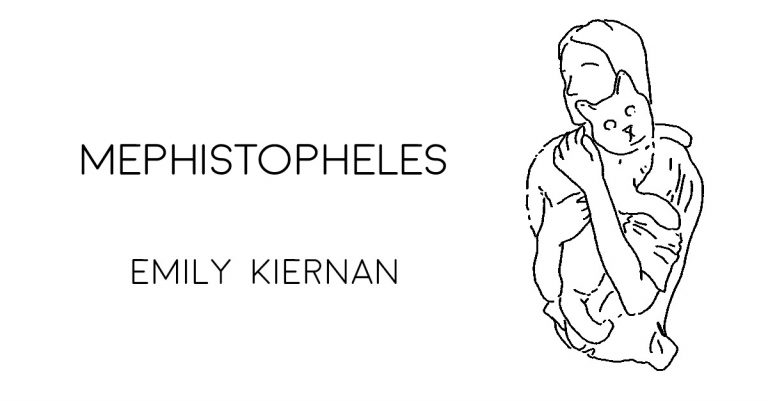
STORYTIME by Robyn Blocker
What’s up, beautiful people? So y’all know how when you type the first couple letters of an email address and a list of contacts pops up—all the ones that start with that letter? Like, imagine it’s “D” for Dave, the guy you’re hooking up with. Not Hot Dave with the boat or Quik Lube Dave with the ink, but the Dave whose brother OD’d back in ’99 at the rock pit behind the Big House. Right, Sad Dave. The Dave you send naked pictures to as an inside-joke cue that you want to buy from him. (Rumor alert! It was

